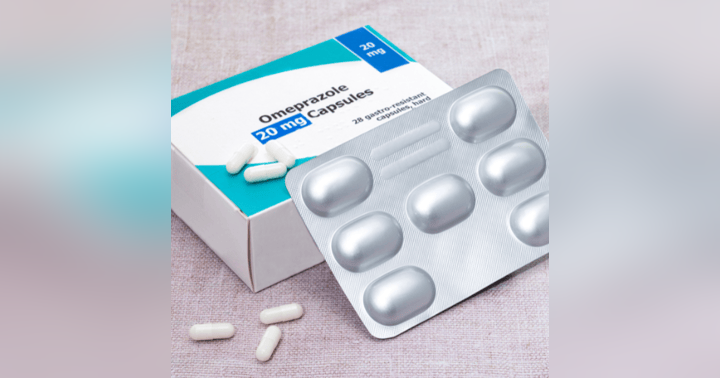#112: The Condition-Formerly-Known-As-HGE: Updates And Myth-Busting. With Prof. Caroline Mansfield

Whether you're still calling it HGE, or you're getting used to saying AHDS, it's likely that haemorrhagic diarrhoea is one of the more serious and most common GI conditions that you treat in companion animal veterinary practice. But are you treating it the right way? And how can you even be sure that your severe GI case 'just' has the HGE/AHD syndrome, and not some other serious disease?
If you've ever asked yourself these, or any other questions about this condition, then this conversation with Prof Caroline Mansfield will answer your questions and get you up to speed with everything you need to know in 2024 about haemorrhagic diarrhoea. (Spoiler alert - they DON'T need antibiotics!)
Prof Caroline Mansfield is a board Certified Specialist in Companion Animal Internal Medicine whose research is focussed on enteropathies in dogs, the endocrine and exocrine pancreas, and the interaction between the gut microbiome and metabolic health and disease in dogs and cats. She’s had an illustrious career that includes her previous role as the Head of Small Animal Medicine at the University of Melbourne and Director of Clinical Research. She’s the current editor of the Australian Veterinary Practitioner Journal, and has published over 80 peer-reviewed papers plus multiple textbook chapters and conference presentations.
This episode is a condensed version or our full episode on the topic from our clinical podcast series, where we've tried to capture some of the key takeaways that we feel every practitioner should be aware of. For the full episode, the show notes, access to a library of more than 450 other clinical continuing education podcasts, two fresh episodes per week, and access to our members-only community spaces, join our Vet Vault Nerds at vvn.supercast.com.







